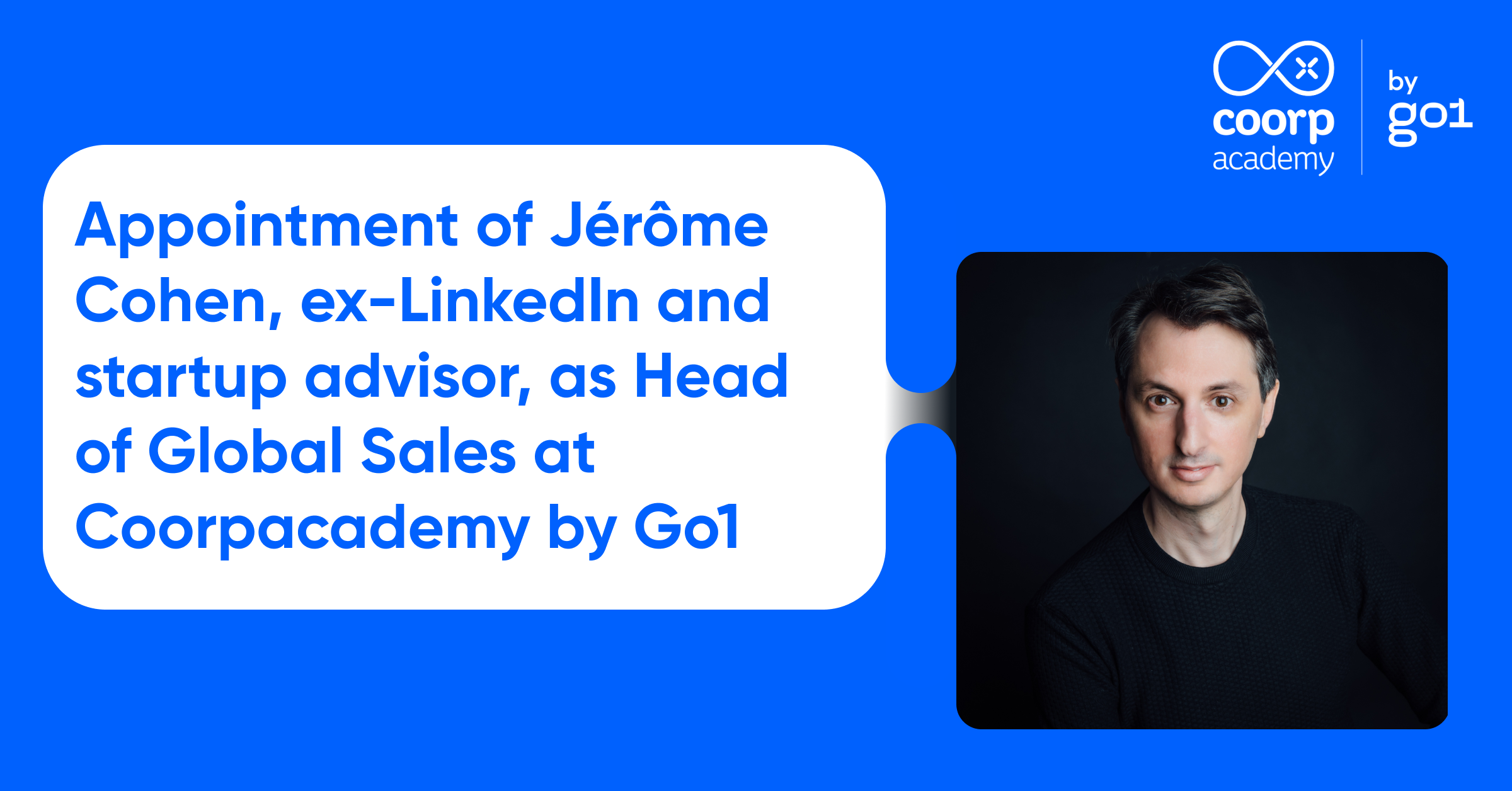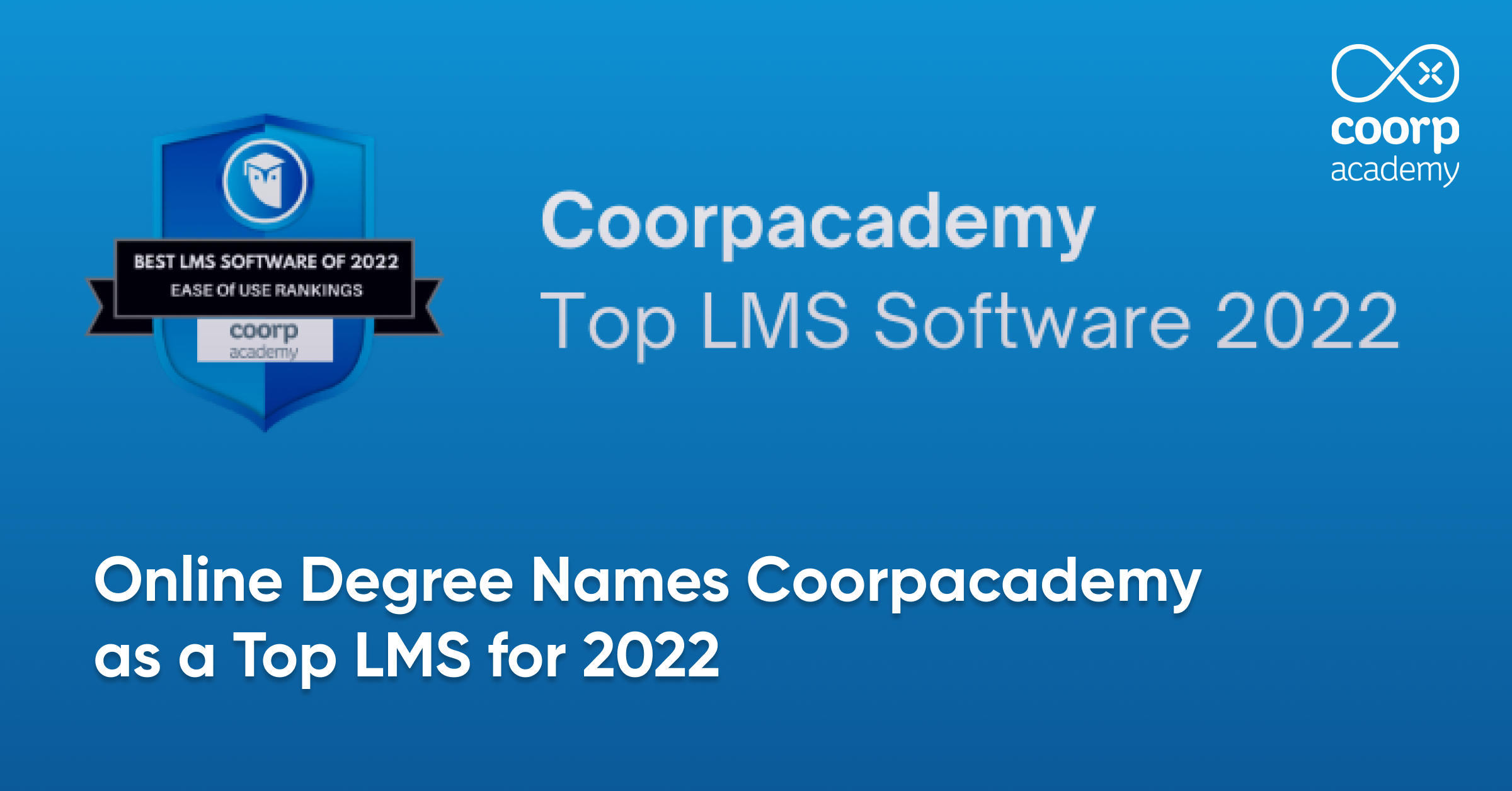Digital Learning won’t wait any longer!
Press

Discover this new article from Jean-Marc Tassetto, co-founder of Coorpacademy, on how digital learning won’t wait any longer. This article has been published in French in l’Agefi, a Swiss economic and financial newspaper: discover it in its original version here!
Digital Learning won’t wait any longer!
Digital learning allows people to train rapidly and at scale. However, in order to turn behavior from traditional training programs (slow but efficient in the long term) to fast and scalable programs, we need incentive – immediacy. In a report published in the early months of 2020, the World Economic Forum was already advising on the urgent need to upskill and reskill, and to train for tomorrow’s jobs.
Technological evolution created an urgent need to accelerate companies’ transformations. Not just digital transformation, but also organizational, social, managerial, and ecological. However, although that urgency was present, it was not really tangible or driving behavior. In our daily professional lives, new digital tools have changed the way we work including new agile methods and redefined hierarchical structures, but learning and acquiring new skills took time. Back then, we had time.
A new emergency has now arisen, one with a barbaric name, nanometric size and an exponential reproduction rate. Covid-19 has completely modified our behavior, personal as well as professional, and has created an even greater sense of uncertainty than the 4th industrial revolution and its technological evolutions. Overnight, as we all found ourselves confined, we had to use those new digital tools to communicate with our relatives and coworkers; to work remotely with efficiency. We had to implement new agile project management methods to manage our teams remotely and to attend webinars instead of events. Microsoft has announced that all events this year will now be planned and conceptualized first as virtual events. The huge expansion of applications like Zoom, Slack and Microsoft Teams demonstrates that the adoption process has been quick and brutal. At the end of 2019, Zoom had 10 million users. Today, they number more than 200 million!
We have been thrust into these new ways of operating. And the new ways require new skills. We need to acquire those skills quickly, then master and build upon our knowledge fast! The next problem is that tomorrow is more uncertain than ever. Like all pandemics, the Covid-19 outbreak will end – but then what? How then to learn quickly, rapidly, en masse, in order to meet this emergency while reducing uncertainty in the future?
Early March 2020 McKinsey studies show that almost 100% of face-to-face training has been cancelled or postponed until at least the beginning of July. But the end of face-to-face training can’t mean the end of learning. Technological evolutions won’t stop. New jobs will emerge, work methods will drastically change. Our workplaces, whether we are blue or white collar workers, will be transformed (we will take protective measures for months to come, our spaces will be rethought, the health of coworkers will be paramount). The sector that has had to go through these changes already and at speed is, obviously, the health sector.
When thousands of nurses, psychiatrists, surgeons, caregivers, pediatricians, midwives and others were called on to help in the battle against Covid-19, they had to uspkill or reskill to meet urgent respiratory crises, an area otherwise the domain of specialists. They had to upskill, yes, but they had to do it fast, because the virus wasn’t going to wait.
On March 16th, I sent a text to one of the Vice Presidents of AP-HP (Paris Hospitals) offering the Coorpacademy platform pro bono for the medical staff. He responded in 7 minutes. This showed me two things: first, the need for new skills was, for him, as important as the need for masks, ICU beds and ventilators. Second, that scalable decisions could be taken very quickly. The day after that text, we had the platform ready. 10 days later, 20,000 caregivers and medical staff had been trained on it, with 70% of courses completed on mobile phones. This demonstrates the need to train flexibly in an emergency situation. We found extremely engaged behaviors with a strong motivation to upskill quickly. This is where digital learning comes into its own. Digital learning makes it possible to learn rapidly, at scale, in changing and challenging situations, on any device, at any time of day.
We speak a lot about the world of tomorrow like we are currently in a pause, in a spatial and temporal bubble. My belief is that lifelong learning (through face-to-face training or via digital learning platforms) will allow anyone to upskill and expand one’s employability by accessing the best content at any time. Lifelong learning is an essential building block for the world of tomorrow.
Jean-Marc Tassetto.


